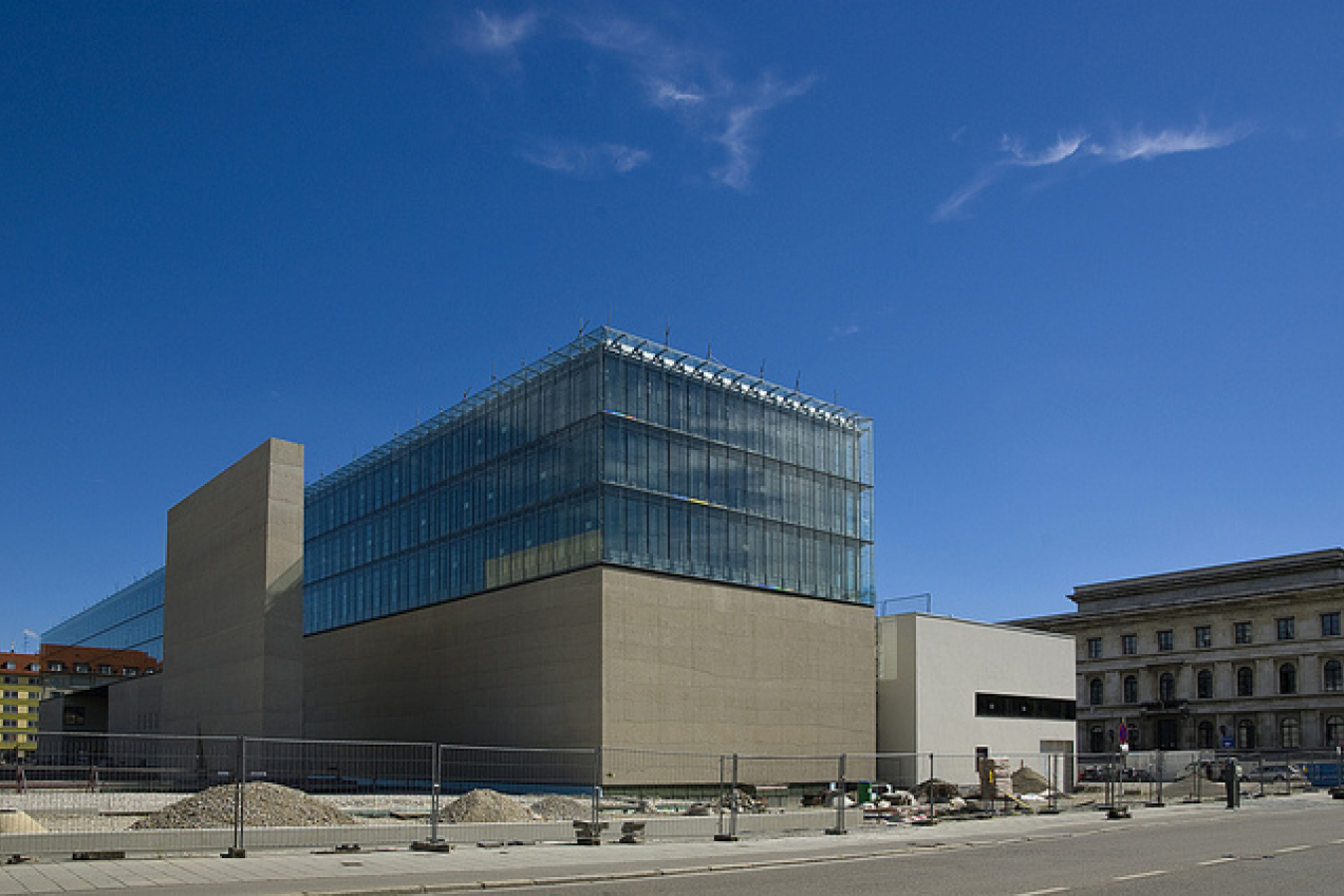Immigration to Germany has increased substantially, reaching its highest level in 16 years , according to government figures. The immigration increase is partially due to the thousands of arrivals from economically struggling countries like Greece and Spain.
Previously, Germany required work permits from people wanting to work in the country from Poland, Latvia, Lithuania, Estonia, Slovakia, Slovenia, Czech Republic, and Hungary. In May 2011, Germany opened its borders to eight central and eastern European countries that joined the EU in 2004. The maximum period that Germany and the other EU Countries can keep restrictions on free movement of workers from other EU Countries is seven years.
Around 163,000 Poles moved to Germany in 2011, an increase of 49,000 from 2010. Also, a total of 41,000 Hungarians moved in 2011, 12,000 more than a 2010.
The number of Greek immigrants nearly doubled with around 24,000 Greeks moving to Germany in 2011, a 90 percent increase on 2010. Around 21,000 Spaniards arrived in 2011, a 52 percent rise on 2010.
If you would like to apply for a visa WorkPermit.com can help. WorkPermit.com is a specialist visa consultancy with nearly twenty-five years of experience dealing with visa applications. We can help with a wide range of visa applications to your country of choice. Please feel free to contact us for further details.
Previously, Germany required work permits from people wanting to work in the country from Poland, Latvia, Lithuania, Estonia, Slovakia, Slovenia, Czech Republic, and Hungary. In May 2011, Germany opened its borders to eight central and eastern European countries that joined the EU in 2004. The maximum period that Germany and the other EU Countries can keep restrictions on free movement of workers from other EU Countries is seven years.
Around 163,000 Poles moved to Germany in 2011, an increase of 49,000 from 2010. Also, a total of 41,000 Hungarians moved in 2011, 12,000 more than a 2010.
The number of Greek immigrants nearly doubled with around 24,000 Greeks moving to Germany in 2011, a 90 percent increase on 2010. Around 21,000 Spaniards arrived in 2011, a 52 percent rise on 2010.
If you would like to apply for a visa WorkPermit.com can help. WorkPermit.com is a specialist visa consultancy with nearly twenty-five years of experience dealing with visa applications. We can help with a wide range of visa applications to your country of choice. Please feel free to contact us for further details.




